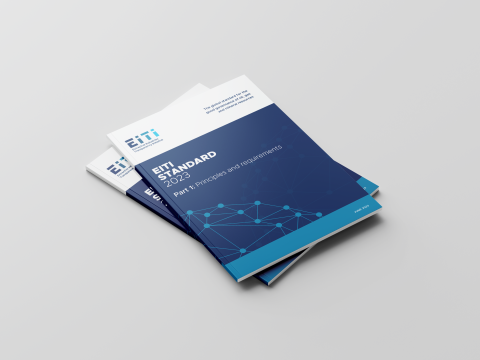
Summary
Open data can help make governments more transparent and accountable. It can provide the evidence that public money is being managed well and policies are being implemented. Countries that implement the EITI Standard are required to publish data in open formats to enable a broader use and analysis of the information. To disclose information in open data format means that companies and governments disclose information in a structured manner, that anyone can access, use, and share at any time, for free. This data can be published on reporting entity pages and on cross-governmental platforms, such as open data portals.
A lot of figures, covering topics such as revenues, production, exports, etc, are published as a result of EITI implementation. Users will want to draw on that data to respond to their questions or build their understanding of their sector. Disclosing data in open formats ensure users have the best access to that information. It also means information can be linked with other relevant sources. Publicly available open data is a stepping-stone towards mainstreamed EITI implementation or systematic disclosure of information.
This note provides step-by-step guidance on developing open data policies. It paves the way for creating and publishing open data. It also contains boxes explaining key open data concepts as these are encountered during the reading. The annexes include examples of how governments and companies are publishing data in an open format in EITI implementing countries and provide references for further reading.





